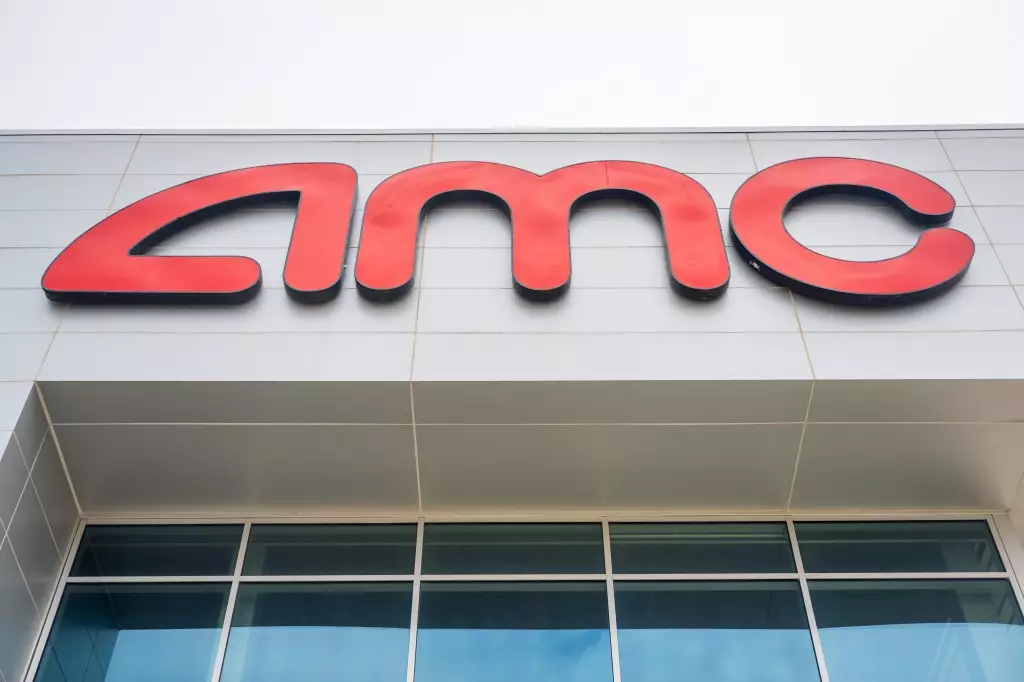AMC Entertainment’s latest financial maneuver demonstrates a strategic attempt to claw its way out of the debt-laden mire left by the Covid pandemic. The company’s multi-layered agreement with creditors signifies a critical juncture. While it may appear on the surface as a sign of resilience, beneath the surface lies a complex web of risks and strategic compromises that warrant a skeptical eye. The infusion of $223 million in fresh liquidity, coupled with debt restructuring and equity swaps, serve as a band-aid on a wound that still scars deeply from years of financial hemorrhaging. The ripple effects of this approach raise fundamental questions about AMC’s true financial health—are they merely masking their vulnerabilities or genuinely positioning themselves for sustainable growth?
Debt Swaps and Restructuring: A Thin Layer of Stability
The restructuring plan involves moving $590 million of 2029 notes into new notes due the same year but includes converting at least $145 million of bonds into equity, with potential to equitize up to $337 million of debt. Such actions can provide temporary relief, but they only shift liabilities around—posing the risk that the core financial issues remain unresolved. The debt-to-equity swap reduces on-paper obligations but dilutes existing shareholders, which may harm investor confidence in the long run. Ultimately, this maneuver looks like a calculated move to buy time—an acknowledgment that the fundamental profitability of AMC’s core operations remains fragile, dependent on a rapidly recovering box office influenced heavily by external factors such as Hollywood strikes and fluctuating consumer entertainment preferences.
Litigation and Collateral: The Show of Political Chess
Simultaneously, AMC is settling longstanding legal disputes involving collateralized assets once held by disgruntled creditors. This settlement not only clears a legal obstacle but also hints at the ongoing tug-of-war surrounding AMC’s assets and financial stability. From a pragmatic perspective, resolving such disputes aligns with the center-right principle of rule of law and creditor rights—signaling AMC’s intent to stabilize its legal landscape. However, the underlying tension underscores the precariousness of AMC’s asset structure and highlights the vulnerability of its financial ecosystem to creditor activism. This legal settlement may be a step toward clearer ownership, but it also exposes the unsavory reality that AMC’s recovery hinges on external forces beyond its operational control.
Industry Outlook and Future Projections: An Overoptimistic Mirage?
AMC’s management optimistically projects a robust future, citing a renaissance in box office revenues and industry-wide growth anticipated through 2026. While these projections may inspire confidence, they are fundamentally speculative, hinging on variables outside the company’s immediate control—Hollywood strikes, consumer spending habits, broader economic conditions, and international market dynamics. The company’s optimistic stance fits within a typical center-right narrative: faith in free-market recuperation, private enterprise resilience, and the power of strategic market positioning. Yet, it also assumes that the pandemic’s scars are fully healed—a premise that might overlook underlying structural weaknesses, such as overleveraged balance sheets and the shifting landscape of entertainment consumption.
Is This Strategy a Real Revival or a Mirage of Confidence?
In essence, AMC’s latest financial restructuring represents a calculated effort to rebrand itself as a survivor rather than a victim—an enterprise that can adapt and thrive amidst adversity. But skepticism remains warranted. The company’s reliance on refinancing and legal settlements underscores a fragile foundation, built more on hope than certainty. The theater industry is still navigating a tumultuous path, with fan interest, streaming competition, and economic volatility waiting on the horizon. The company’s optimism may be justified by recent box office spikes, but it should not eclipse the fundamental issues it faces. This maneuvering appears more like an act of strategic defiance than a guaranteed blueprint for long-term prosperity, making AMC’s recovery a carefully choreographed dance cloaked in optimism that might not withstand the harsh realities ahead.

